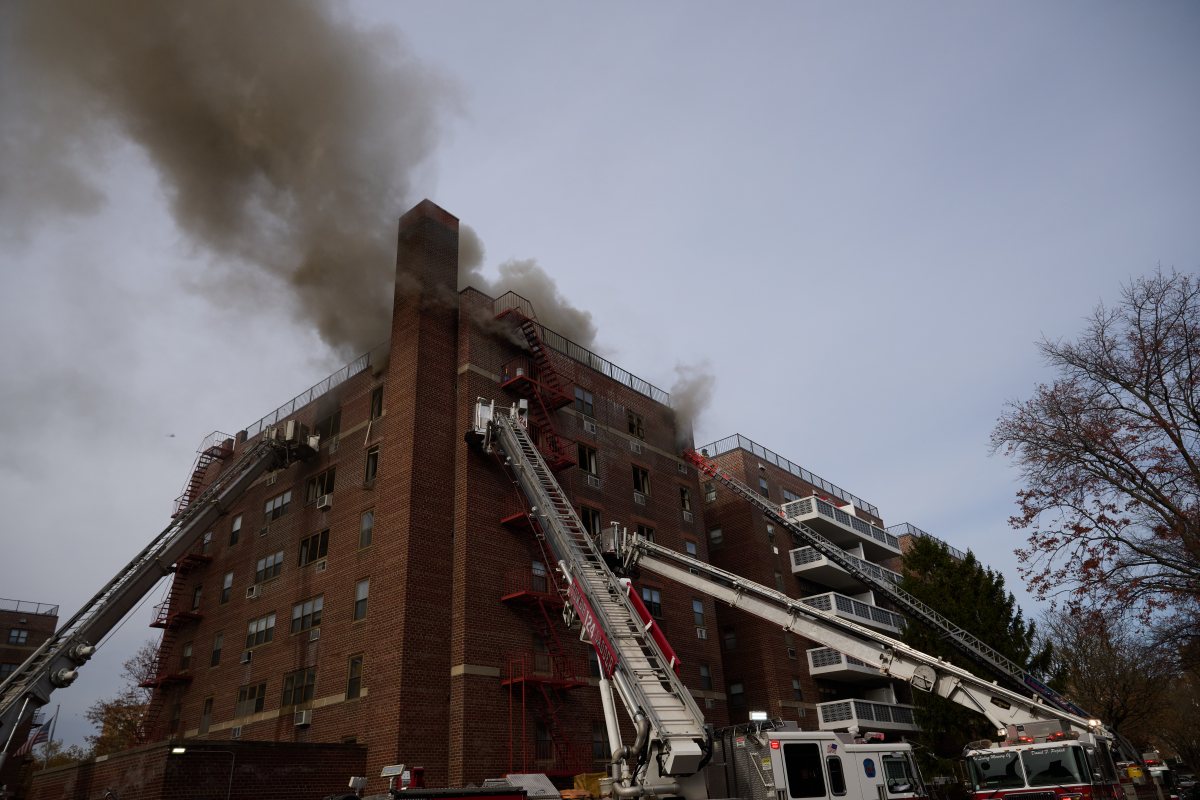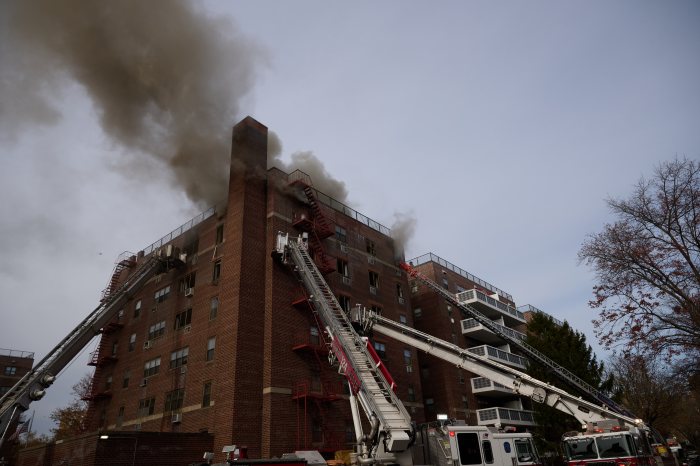BY ALINE REYNOLDS
Motorcycle crash changes lives, in solo show
Life Insurance
FringeNYC shows run through Aug. 28, 2pm-midnight weekdays and noon-midnight on weekends. Tickets: $15 in advance at FringeNYC.org or 866-468-7619; $18 at the door. Discount passes for multiple shows. For show dates, times and venue info, visit FringeNYC.org.
In 37 tight, tense and compelling minutes, writer/performer Joel Jones depicts the experiences of three men whose lives are changed by a fatal motorcycle crash on a rural Virginia road.
Stoic insurance salesman John has sold the motorcycle rider life insurance, thereby precipitating his client’s suicide and possibly perpetrating a fraud. Vivacious volunteer firefighter Wade rushes to the scene as a first responder and ends up courting the dead man’s wife. Resentful standardized test instructor Steven witnesses the crash and calls for help (but doesn’t stop at the scene).
Jones masterfully switches between the three characters every few minutes, managing to create a steady rhythm of narration as each of these stories become intertwined. Differences in the characters’ physical appearance and mannerisms help distinguish them from one another (John sips a cocktail, Wade sports a baseball cap and Steven wears wire-rimmed glasses). But physical differences alone would hardly have sufficed to capture these intriguing characters. As a solo performer portraying more than one character, Jones succeeds where so many have failed — because he’s especially adept at using his vocal dexterity to bring out John’s diffidence, Wade’s effervescence and Steven’s constant apprehension.
The characters are appealing, in that they are realistic representations of everyday people with whom the audience can identify. “I think what I’m interested in is stories of what people do, and the consequences of what people do — rather than what people should do,” said Jones in an interview shortly following the performance.
One thing all three characters have in common — a winning aspect of the play — is the irony that, in one way or another, they all reap immediate benefits from the motorcycle accident. (John has sold a life insurance policy, Wade finds a romantic partner and Steven renews his interest in having a baby upon witnessing the crash.) But otherwise, the play lacks a certain unity that might have been achieved had the three characters become acquainted with one another. I kept waiting, for example, for John to sell life insurance to Wade or Steve, or for Steve to give S.A.T. prep to a young family member of John or Wade.
Instead, Jones keeps the characters apart. When asked about this, the playwright said he didn’t believe their interactions would have been meaningful. “In my imagination, they’ve certainly driven by each other or seen each other in a grocery store, since it’s a small community. But there’s no point in the play where I felt like their meetings were a part of the story,” he said.
Jones could have explored his characters a little deeper had he had more time to do so. But making the play short and sweet, he said, was an intentional gesture to retain the audience’s attention. “I think one of the biggest complaints people have about theater is that shows are too long,” he said. “I was really interested in packing as much life into 37 minutes as I could.” Hats (and caps, and glasses) off to Jones for doing so!





































